Northern Nigeria is grappling with a series of challenges that have intensified in recent months, affecting both security and socio-economic stability.
In the northeastern region, Boko Haram has experienced a resurgence since early 2025, leading to heightened insecurity. The insurgents have overrun at least 15 military outposts, planted bombs, and launched deadly raids on civilian communities, particularly in Borno state. The group is now divided into two factions: the Islamic State West Africa Province (ISWAP), which targets military positions using advanced tactics like modified drones and nighttime raids, and the original Jama’atu Ahlis Sunna Lidda’awati wal-Jihad (JAS) faction, which focuses more on civilian attacks and ransom kidnappings. The Nigerian military’s response is hindered by understaffed and isolated outposts, slow reinforcements, and possible inside informants. Local leaders and lawmakers have expressed concerns about the military’s declining control, with Borno’s governor reporting bases being abandoned almost daily. This resurgence has raised fears of a return to peak levels of insecurity, prompting calls for improved military capabilities to prevent a reversal of previous counter-insurgency gains. (apnews.com)
In the northwestern regions, particularly Sokoto state, farmers are facing severe challenges due to climate change-induced water scarcity. Rivers are drying up, making irrigation nearly impossible without expensive alternatives like groundwater pumping. Long dry spells and intense heat are extending arid seasons, while short wet seasons and erratic rainfall reduce crop yields. Over 80% of Nigerian farmers are smallholders, responsible for 90% of the country’s food production, yet many lack the resources to combat these effects. This crisis contributes to a broader national issue, with 31 million people already facing food insecurity. Rising gas prices and deforestation exacerbate the situation. The Nigerian government has acknowledged the problem and declared a food security emergency in 2023, announcing plans to activate 500,000 hectares of farmland in the north, though implementation is pending. Meanwhile, food prices in urban areas like Lagos have soared due to supply shortfalls, with some items nearly doubling in price. Despite increased government investment, agricultural output has declined, while food imports surged by 136% from 2023 to 2024. Experts urge the adoption of climate-resilient farming techniques and better awareness to mitigate the ongoing crisis. (apnews.com)
In Plateau State, a surge in rural violence has resulted in over 150 deaths and thousands displaced, particularly in Benue and Plateau states. This violence, rooted in long-standing conflicts over land and resources between nomadic Muslim herders and sedentary Christian farmers, has been exacerbated by climate change and a burgeoning arms influx. Compounding the crisis, a Boko Haram splinter group also launched attacks, further destabilizing the region. President Bola Tinubu, who narrowly won the 2023 election vowing to improve security, faces mounting criticism both domestically and internationally for inadequate progress. Despite increased defense spending and new security leadership, systemic issues such as understaffed forces and insufficient reforms have hindered improvements. His recent three-week trip to Europe during the height of the violence drew sharp rebukes from political opponents. The religious dimension of the crisis has garnered attention from US conservatives pushing for Nigeria to be redesignated as a violator of religious freedoms. Nigeria’s Foreign Ministry denies claims that Christians are being targeted, while experts urge caution, noting that the conflict is driven primarily by competition for dwindling resources. (ft.com)
In response to these challenges, the African Development Bank (AfDB) is mobilizing $2.2 billion to establish agricultural processing zones in 28 Nigerian states, aiming to enhance food security and generate employment. AfDB President Akinwumi Adesina announced the initiative during the launch of its first phase in Kaduna State, which targets five states and is funded by over $500 million initially pledged in 2022. Supporting institutions include the Arab Bank for Economic Development, Africa Import-Export Bank, agri-investment fintech Sahara Farms, and several French and U.S. organizations. The agro-processing zones are designed to bring processing facilities closer to farmers, thereby reducing post-harvest losses and strengthening agricultural value chains. In 2024, Nigeria imported $4.7 billion worth of food, a trend the government aims to curb through increased investment in agriculture. (reuters.com)
These developments underscore the multifaceted challenges facing northern Nigeria, encompassing security concerns, environmental issues, and economic hardships. Addressing these problems requires coordinated efforts from both government and international partners to ensure the stability and prosperity of the region.

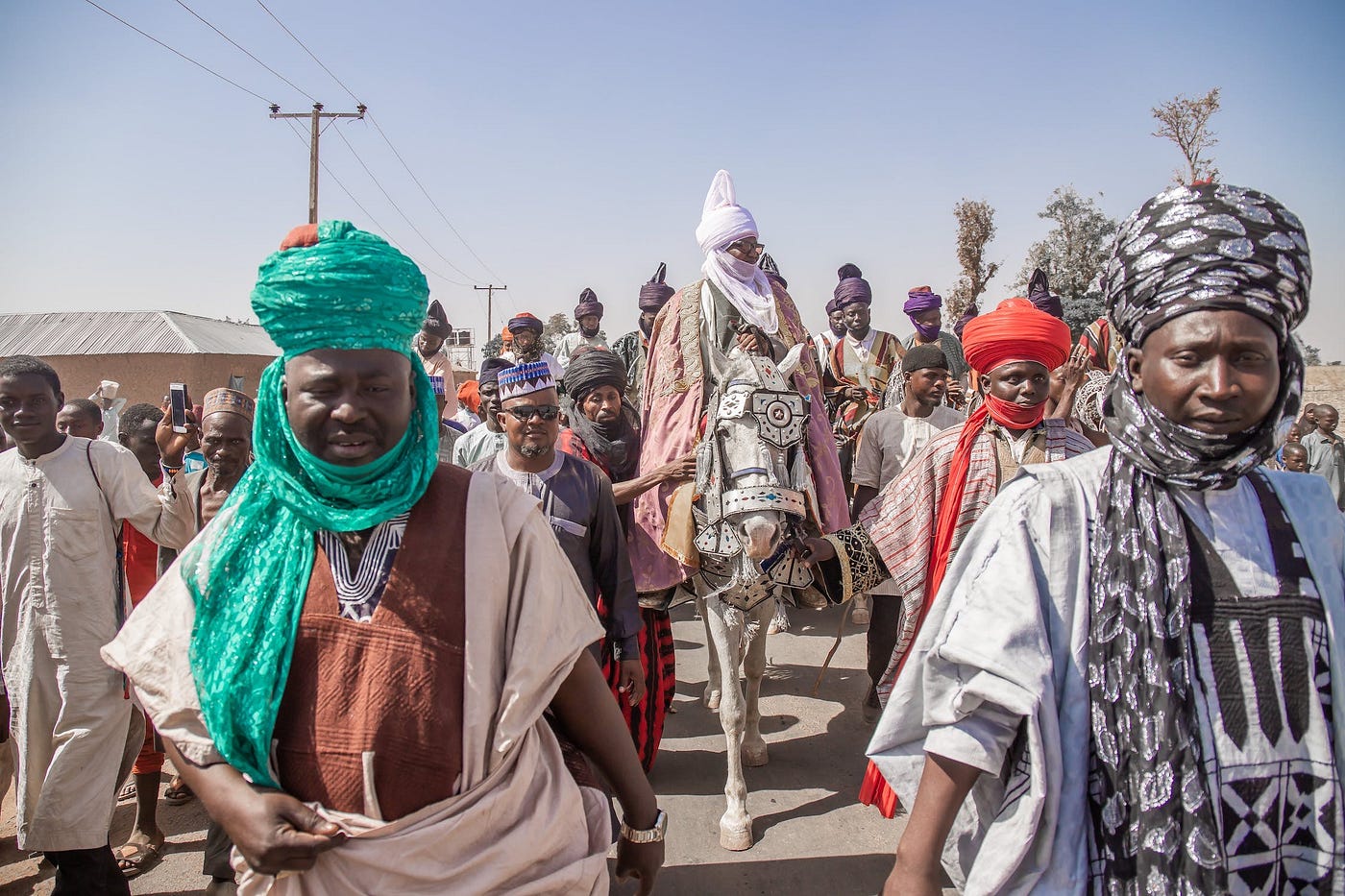
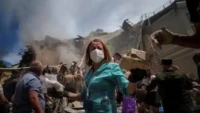


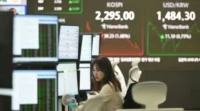


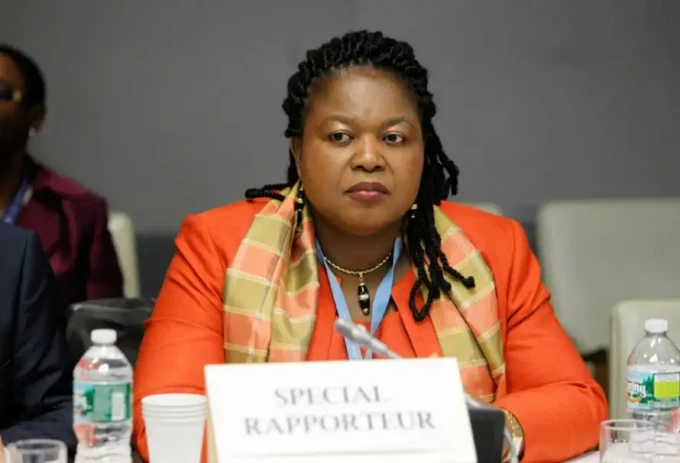
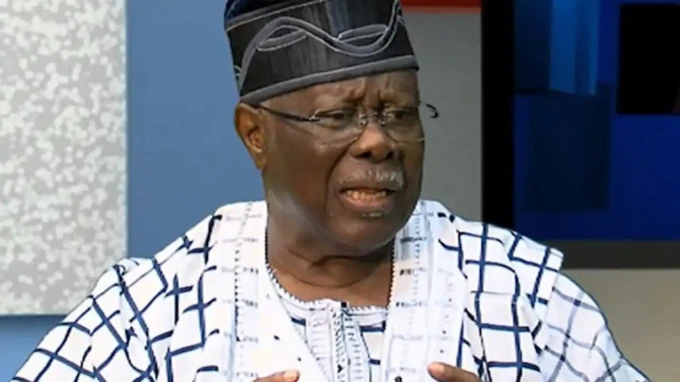

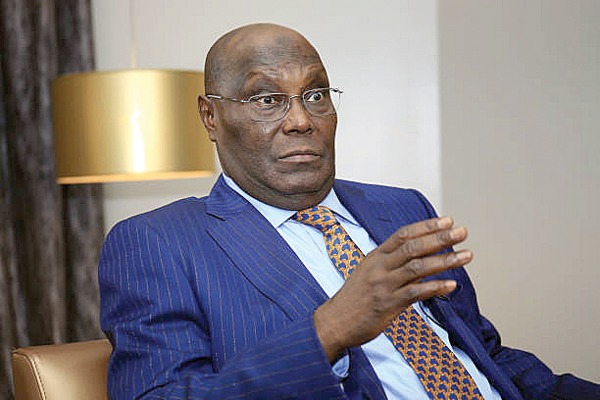
I cant believe the lack of coverage on the positive developments in Northern Nigeria. Why only focus on the negative?
I dont agree with the articles positive spin on Northern Nigeria. It overlooks serious issues and paints an unrealistic picture.
Im not sure about the credibility of these news highlights. Can we trust the sources in Northern Nigeria? Thoughts?
I find the focus on recent news highlights from Northern Nigeria intriguing. I wonder what stories are overlooked in this coverage.
I cant believe they didnt mention the impact of social media on news dissemination in Northern Nigeria. Its such a huge oversight!
I cant believe they didnt mention the cultural festivals happening in Northern Nigeria! Thats a major oversight.